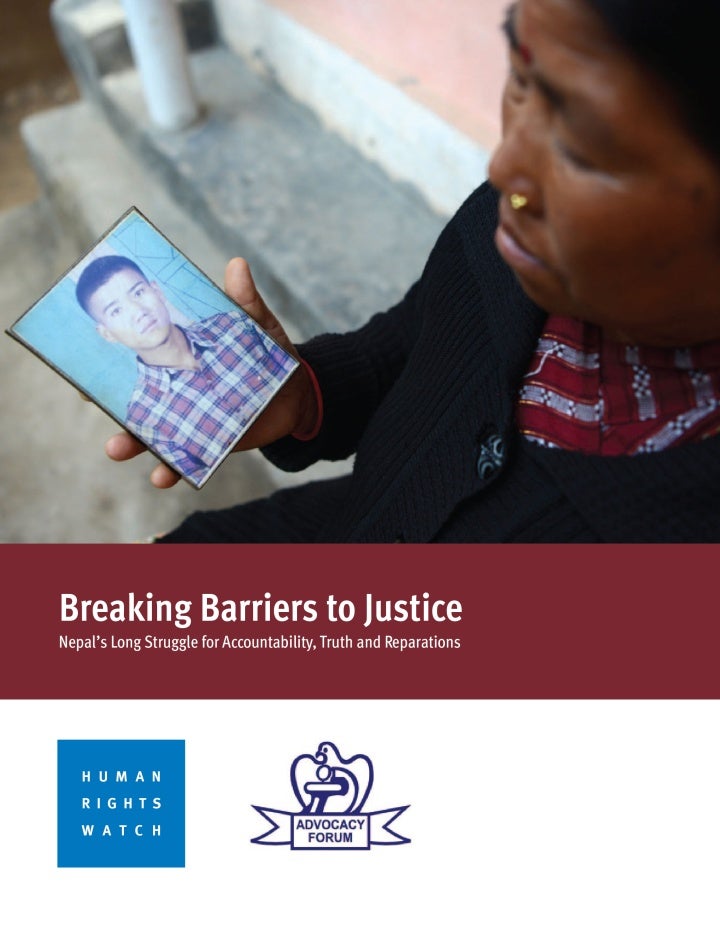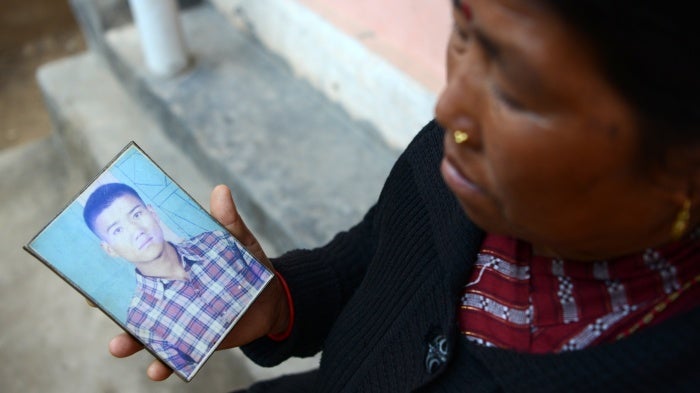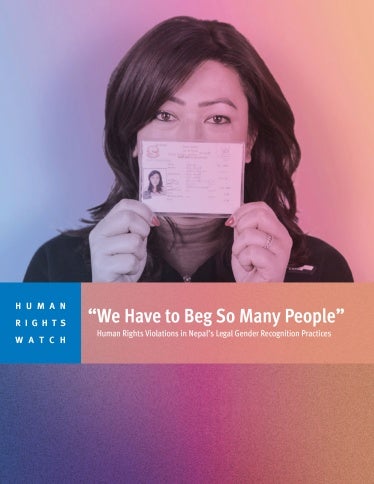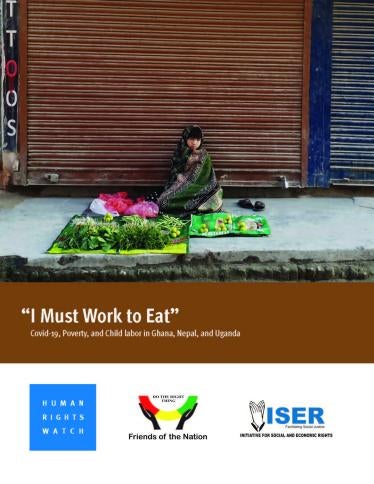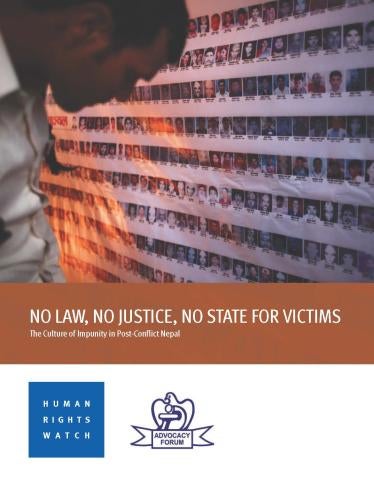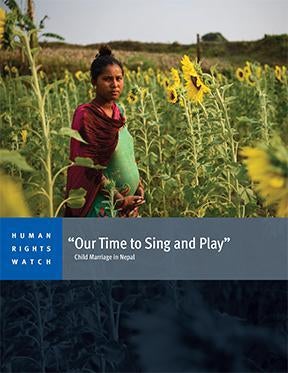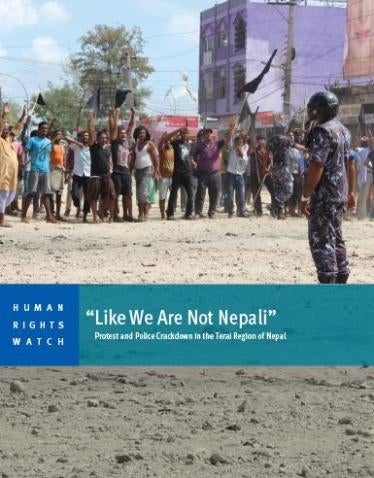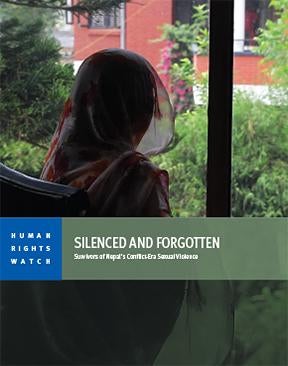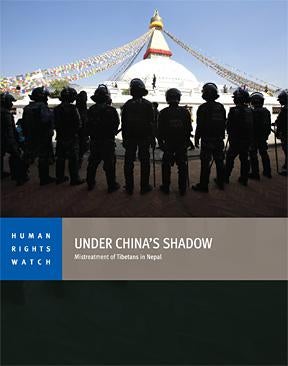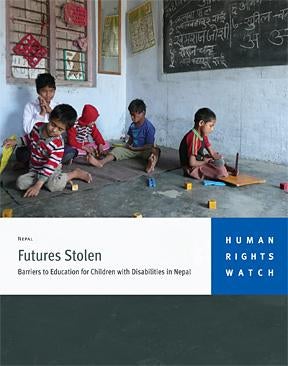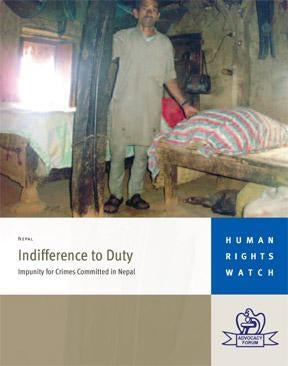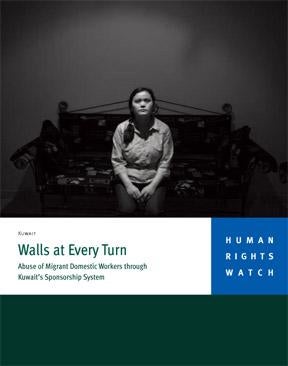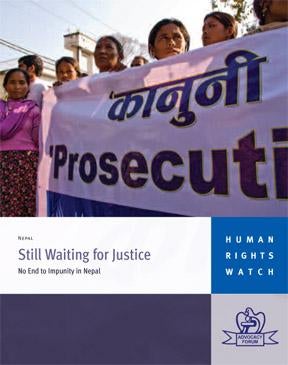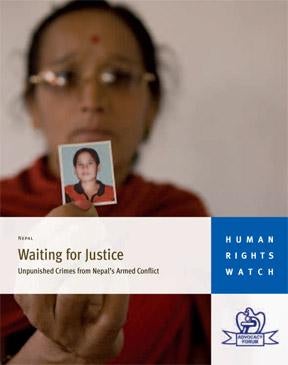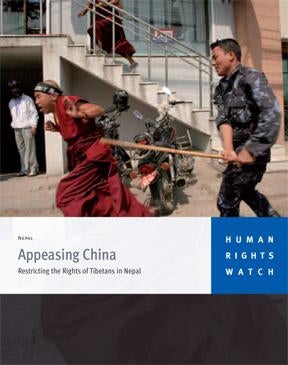Breaking Barriers to Justice
Nepal’s Long Struggle for Accountability, Truth and Reparations
The 50-page report, “Breaking Barriers to Justice: Nepal’s Long Struggle for Accountability, Truth and Reparations,” describes the decades-long struggle for justice by survivors and victims. Human Rights Watch and Advocacy Forum analyzed the proposed law and reviewed some emblematic cases that faced obstruction by the authorities. They also described obstacles to justice faced by survivors of sexual violence and relatives of victims who filed complaints in 62 cases of conflict-era extrajudicial killings with the assistance of Advocacy Forum. The bill requires amendments to meet victims’ needs as well as legal standards set by the Supreme Court and clearly established in international law.
